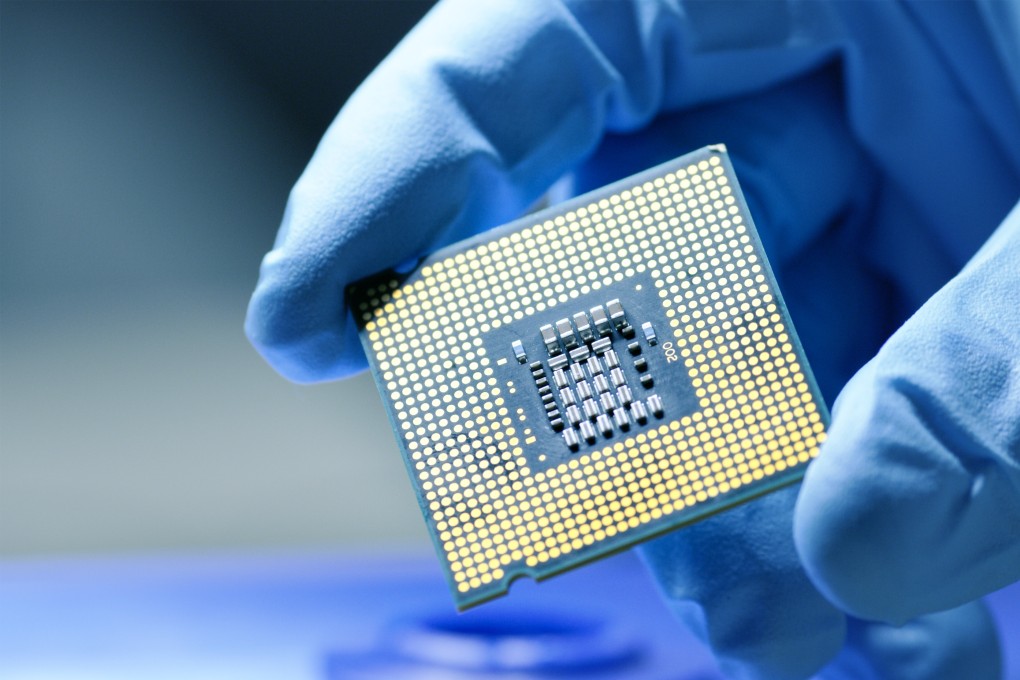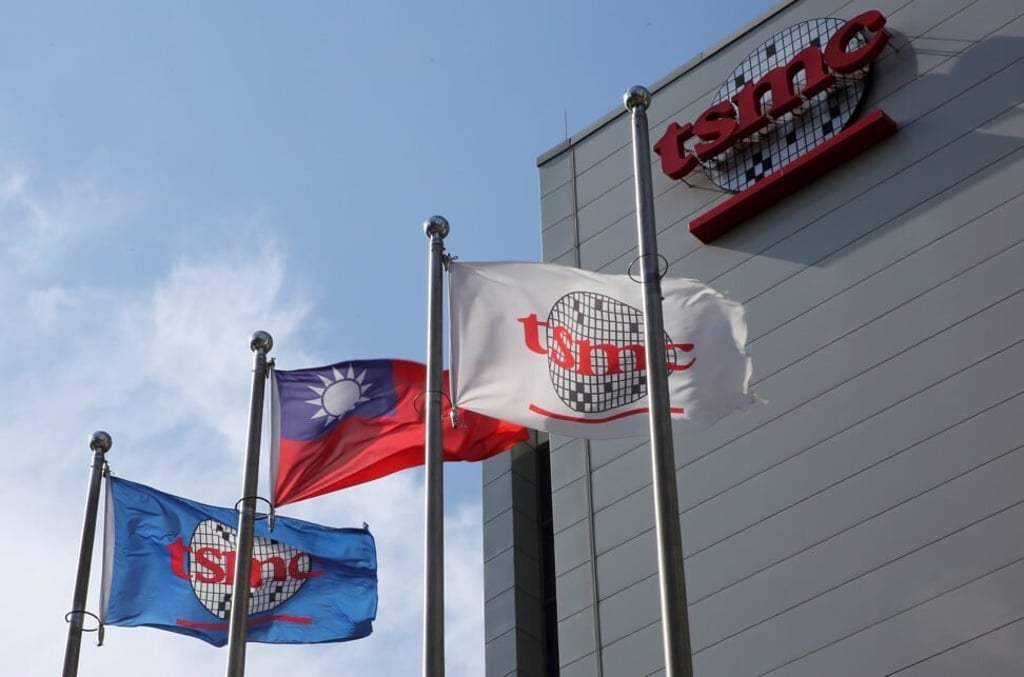Japan needs US$9 billion in chip investment this year to keep up with Taiwan and South Korea, adviser warns
- Industry expert Tetsuro Higashi said it will take trillions of yen to revive Japan’s chip industry after decades of underinvestment
- Japan is importing two-thirds of its chips amid a global shortage that has countries investing heavily in domestic production

Anything less won’t be enough, given the high cost of chip factories and how far Japan lags behind South Korea and Taiwan in advanced manufacturing, according to Tetsuro Higashi, chairman emeritus at gearmaker Tokyo Electron Ltd and head of an expert panel advising the government.
“It will not be at all easy to stage a comeback,” the 71-year-old industry veteran said in an interview this week. “If we miss this opportunity now, there may not be another one.”
Governments from Beijing to Washington and Brussels are prepping unprecedented investments into local chip manufacturing, intent on securing the basic components for most modern-day devices and military systems. But the money will go fast in an era where a single advanced wafer fab runs more than US$10 billion.

In a report this month, Japan’s trade ministry said it would treat boosting growth in the industry as a national project, as important as securing food and energy. Part of the plan includes setting up domestic manufacturing bases that could include joint ventures with overseas chip foundries.